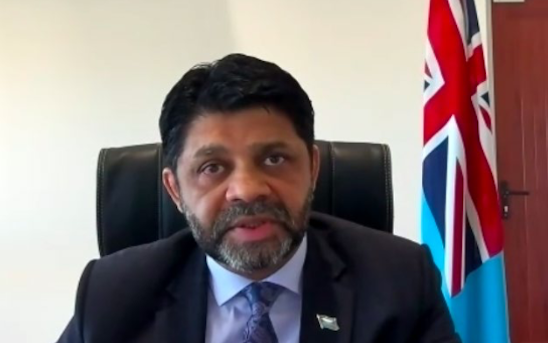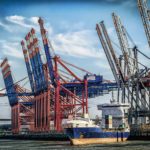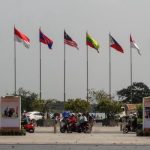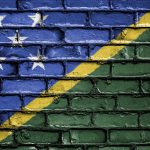Fiji needs well-planned strategy to mobilise more resources

Pacific Island countries face a host of common challenges, including geographical distance from major markets, vulnerability to global economic fluctuations, accelerating climate change and inadequate access to international finance. Small Pacific nations cannot afford the substantial stimulus packages which larger, more developed nations can give themselves, and so global economic disparities are increasing.
The region must therefore take the opportunity for a reset in the wake of COVID-19 to chart a new course and take charge of its own destiny, rather than fall victim to geopolitical power plays. The World Bank has offered concessional finance to Fiji and other middle-income nations, but greater allowance for the impact of weather events exacerbated by climate change is required.
COVID-19 decimated the tourist industry on which Fiji and other Pacific nations relies, a financial disaster which followed a series of devastating cyclones in recent years. These setbacks have limited the resources available to local governments for service delivery and economic development, and greater bilateral, international, and philanthropic support will be required to ensure a strong recovery.
Fiji enjoyed nine years of economic growth before the COVID-19 crisis, but tourism generates 40% of the nation’s GDP and so the provision of vaccines from New Zealand and Australia will be crucial in easing border restrictions once 80%+ of the population is vaccinated.
Fiji has almost universal literacy and is well-placed to host call centre services for Australia, the USA, and the UK. Fiji is also diversifying its agricultural sector by growing ‘superfoods’ such as turmeric for export to the USA. It is also developing its digital service sector, deploying renewable energy generation, and looking at the provision of electric public buses.
Retirement villages for Japanese retirees are being planned, and Australian companies are contributing to public-private partnerships in the health sector to attract foreign visitors as well as service local people. Although Fiji has a strong health sector, greater investment and training will improve national resilience to future pandemics and natural disasters while maintaining a healthy working population.
Fiji’s government is working with the private sector to incentivise a sustainable ‘green-blue’ recovery, but better finance provision from development partners is still required. In collaboration with the British government, Fiji plans to release a ‘blue bond’ in 2022, while philanthropic organisations have funded solar power schemes in rural regions.
Green bonds have been issued in the past, and problems around interest rates can be explored with development partners to ensure their success in the future. Work is also underway on reducing private sector risk, including climate insurance schemes, credit guarantees, concessional blended finance, and domestic green financing.
As part of our First 5000 – Have your Say initiative, we invite you to answer the following question:
How can we build stronger business relationships between Australia and the Pacific?
Post a comment on First 5000 – Have your Say on LinkedIn today or email editor@first5000.com.au with your story.

The Hon Aiyaz Sayed-Khaiyum is the Fijian Attorney-General and Minister for Economy, Civil Service, and Communications, and also serves the Minister responsible for climate change. Since joining the Fijian Government in 2007, Mr Sayed-Khaiyum has spearheaded efforts to modernise Fiji’s laws in the key areas of domestic violence, corporate governance and criminal code. He oversaw the work to finalise the Fijian Constitution and establish Fiji’s first genuine parliamentary democracy. He helped guide the Fijian economy through its longest-ever unbroken streak of economic growth, while cutting taxes for low-income families. He has led the rapid expansion of Fiji’s telecommunications and the digitisation of government services, and codified long-term strategic and national planning throughout the public sector, bringing newfound transparency and accountability to the Fijian Government.








